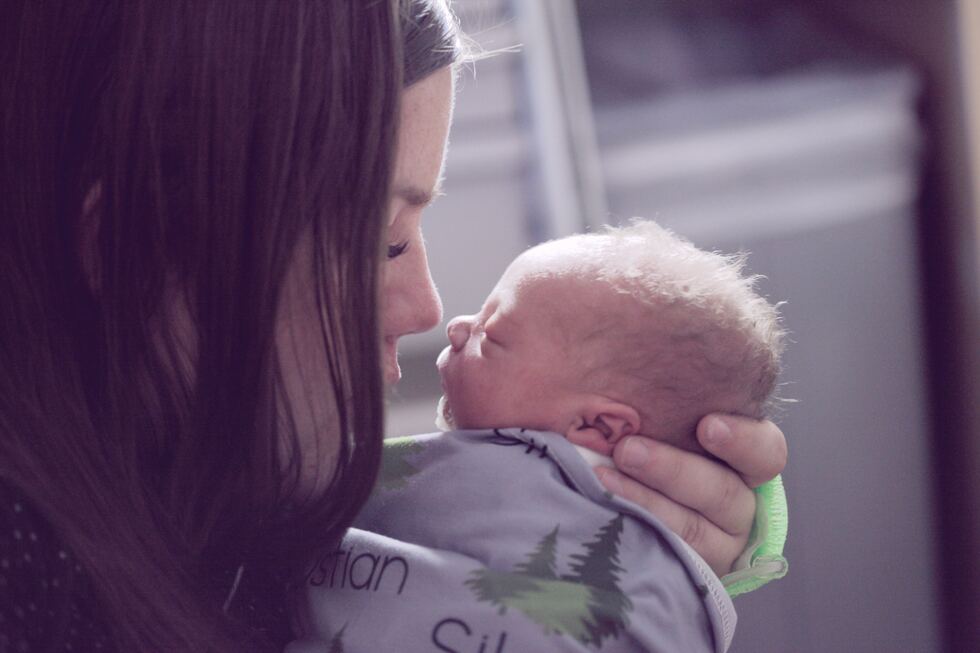Summary:
- Postpartum depression (PPD) is a common condition that affects many new mothers, and its symptoms can range from mild to severe. Common symptoms include sadness, anxiety, irritability, guilt, hopelessness, and feelings of worthlessness.
- Self-care can help you prevent and manage PPD by reducing stress, improving mood, and promoting overall well being. Self-care practices for new mothers include taking breaks, getting enough sleep, eating well, exercising, and connecting with others.
- Overcoming barriers to self-care, such as lack of time, guilt, and shame, is crucial for prioritizing self-care and managing PPD effectively. Seeking professional help, such as therapy, medication, and support groups, is also an important option for new mothers with severe or persistent symptoms of PPD.
- Whether you need individual therapy, group therapy, or medication management, Therapy Utah has the resources and expertise to help you overcome postpartum depression. Our evidence-based treatments are tailored to your specific symptoms and goals, so you can achieve lasting recovery and enjoy the joys of motherhood. Schedule an appointment with us today.
Becoming a mother is one of the most significant and transformative experiences of a woman’s life. However, it can also be challenging and overwhelming, especially during the first few months after giving birth. Postpartum depression (PPD) is a common condition that affects many women during this period, and it’s essential to recognize the symptoms and prioritize self-care to manage it effectively.
At Therapy Utah, we help many new mothers through postpartum depression via personalized self-care plans developed in our individual therapy sessions. Join us below as we discuss what postpartum depression is, how it affects new mothers, and why self-care is crucial for preventing and managing PPD. We’ll also provide some tips and strategies for overcoming barriers to self-care and seeking professional help if needed.

Via Unsplash.
Understanding Postpartum Depression—What It Is & Why It Appears
Postpartum depression is a type of depression that occurs after childbirth, usually within the first few weeks or months. It affects about 10-20% of new mothers, and the symptoms can range from mild to severe. Women with PPD may experience feelings of sadness, anxiety, irritability, guilt, hopelessness, and worthlessness. They may also have difficulty sleeping, eating, and bonding with their baby.
It’s important to note that PPD is different from the “baby blues,” which is a shorter and less severe form of mood changes that affect up to 80% of new mothers. The baby blues usually last for a few days to a week and go away on their own. In contrast, PPD can last for several months or longer and requires treatment.
Several factors can increase the risk of developing PPD, such as:
- Hormonal changes
- A lack of social support
- A history of depression or anxiety
- Stressful life events (such as a difficult birth or a sick baby)
However, it’s vital to note that PPD can happen to any new mother, regardless of her background or circumstances. This is one of the reasons why it’s so important to remove the stigma sometimes associated with seeking help for PPD.

The Importance of Self-Care for New Mothers
Self-care is crucial for new mothers, especially those who experience PPD. Taking care of yourself can help prevent and manage PPD by reducing stress, improving mood, and promoting overall well being. Self-care also allows you to recharge and replenish your energy, which is essential when taking care of a newborn.
So, what does self-care look like for new mothers? It can be as simple as taking a few minutes every day to do something that makes you feel good, such as taking a bubble bath, reading a book, or listening to music. Self-care can also involve more significant changes, such as delegating tasks, asking for help, setting boundaries, and making time for exercise, healthy eating, and sleep.
Key Self-Care Practices for New Mothers Experiencing PPD Symptoms
Here are some self-care practices that new mothers can incorporate into their daily routine:
- Take breaks: It’s essential to take breaks throughout the day, even if only for a few minutes. Take a deep breath, stretch, or go for a short walk.
- Get enough sleep: Sleep is critical for your physical and mental health. Try to get as much rest as possible, even if it means sleeping when the baby sleeps.
- Eat well: Eating a healthy, balanced diet can help improve your mood and energy levels. Make sure to eat plenty of fruits, vegetables, whole grains, and lean protein.
- Exercise: Exercise can help reduce stress, improve mood, and boost energy levels. Try to incorporate some physical activity into your daily routine, such as walking, yoga, or jogging.
- Connect with others: Talking to other new mothers or joining a support group can be helpful for reducing feelings of isolation and increasing social support.
Overcoming Barriers to Self-Care
Despite its many benefits, self-care can be challenging for new mothers, especially those with PPD. Here are some common barriers to self-care and how to overcome them:
- Lack of time: Finding time for self-care can be challenging when you’re taking care of a newborn. However, even a few minutes of self-care can make a big difference. Try to schedule self-care into your day, even if it means waking up earlier or staying up later.
- Guilt: Some new mothers feel guilty about taking time for themselves or prioritizing their needs over their baby’s. However, taking care of yourself is not selfish; it’s essential for your wellbeing and your baby’s. Remember that you cannot pour from an empty cup.
- Shame: Some new mothers may feel ashamed or embarrassed about their symptoms of PPD. However, PPD is a common and treatable condition, and seeking help is a sign of strength, not weakness. Talk to your healthcare provider, a therapist, or a support group if you’re struggling with PPD.

Via Unsplash.
Seeking Professional Help for PPD
Self-care is essential for preventing and managing PPD, but it may not be enough for some mothers. If you experience severe or persistent symptoms of depression, it’s important to seek professional help. Some options for professional help include:
- Therapy: Talking to a therapist can be helpful for managing symptoms of PPD and improving overall mental health. Therapy Utah can help match you with a qualified therapist whose methods and style are an appropriate match for your goals and experiences.
- Medication: Antidepressant medication can be effective for treating PPD, especially when combined with therapy. Always talk to your doctor before starting any new medication and get a prescription if necessary.
- Support groups: Joining a support group for new mothers with PPD can provide a sense of community and understanding.
- Visiting your doctor: Talk to your family doctor or other primary healthcare provider if you’re experiencing symptoms of PPD. They can provide a referral to a specialist or prescribe medication if necessary.

Via Unsplash.
Postpartum depression is a common and challenging condition that affects many new mothers—but proper self-care is a powerful tool for preventing and managing its symptoms. By taking care of yourself, you can significantly reduce the negative impact PPD has on your life.
It’s essential to prioritize self-care, even when it feels challenging, and seek professional help if needed. Remember that you are not alone, and there is help available. With the right support, you can overcome PPD and enjoy the joys of motherhood.
If you’re struggling with postpartum depression, Therapy Utah can provide you with the support and guidance you need to recover and thrive. Our compassionate therapists specialize in helping new mothers navigate the challenges of motherhood and mental health. Schedule a consultation with one of our therapists today to discuss your symptoms, goals, and treatment options.










